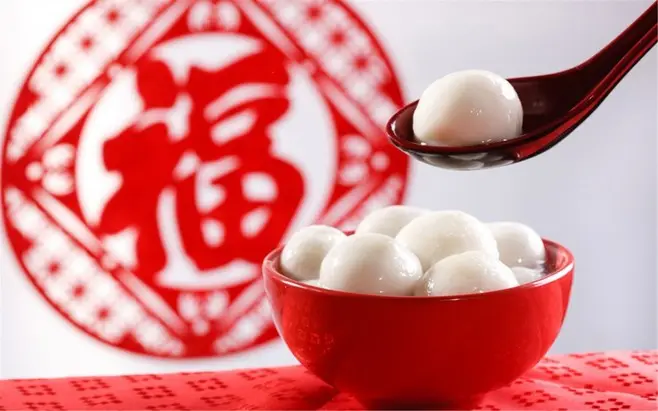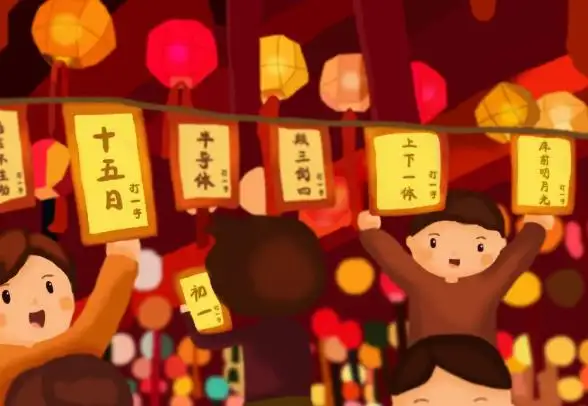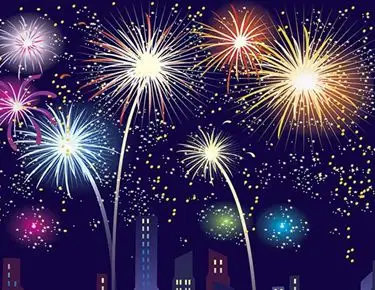Lantern Festival
Lantern Festival, one of the traditional festivals in China, also known as Shangyuan Festival, little first month, takes place on the 15th day of the first month of the lunar calendar every year.
The first month of the lunar calendar is January. The ancients called "night" as "Xiao". The fifteenth day of the first month is the night of the first full moon of the year, so it is called "Lantern Festival". According to the Taoist "Sanyuan", the 15th day of the first month is also called "Shangyuan Festival". The Lantern Festival custom has been dominated by the warm and festive lantern watching custom since ancient times.
The formation of the Lantern Festival has a long process, which is rooted in the ancient custom of turning on lights and praying. According to general information and folklore, the fifteenth day of the first month has been paid attention to in the Western Han Dynasty, but the Lantern Festival on the fifteenth day of the first month was really regarded as a national folk festival after the Han and Wei dynasties. The rise of the custom of lighting lanterns on the 15th day of the first month is also related to the eastward spread of Buddhism. Buddhism flourished in the Tang Dynasty. Officials and people generally "light lanterns for Buddha" on the 15th day of the first month, and Buddhist lights spread all over the people. Since the Tang Dynasty, opening lanterns on the Lantern Festival has become a legal matter.
The Lantern Festival is one of the traditional festivals in China. The lantern festival mainly includes a series of traditional folk activities, such as appreciating lanterns, eating dumplings, guessing lantern riddles, setting off fireworks and so on. In addition, many local lantern festivals have also added traditional folk performances such as dragon lantern, lion dance, walking on stilts, rowing dry boats, yangko dance and Taiping drum. In June 2008, the Lantern Festival was selected into the second batch of national intangible cultural heritage.
The customs of Lantern Festival mainly include:
chī yuán xiāo
吃 元 宵 eat sweet dumplings

cāi dēnɡ mí
猜 灯 谜 guess lantern riddles

fànɡ yān huā
放 烟 花 set off fireworks
